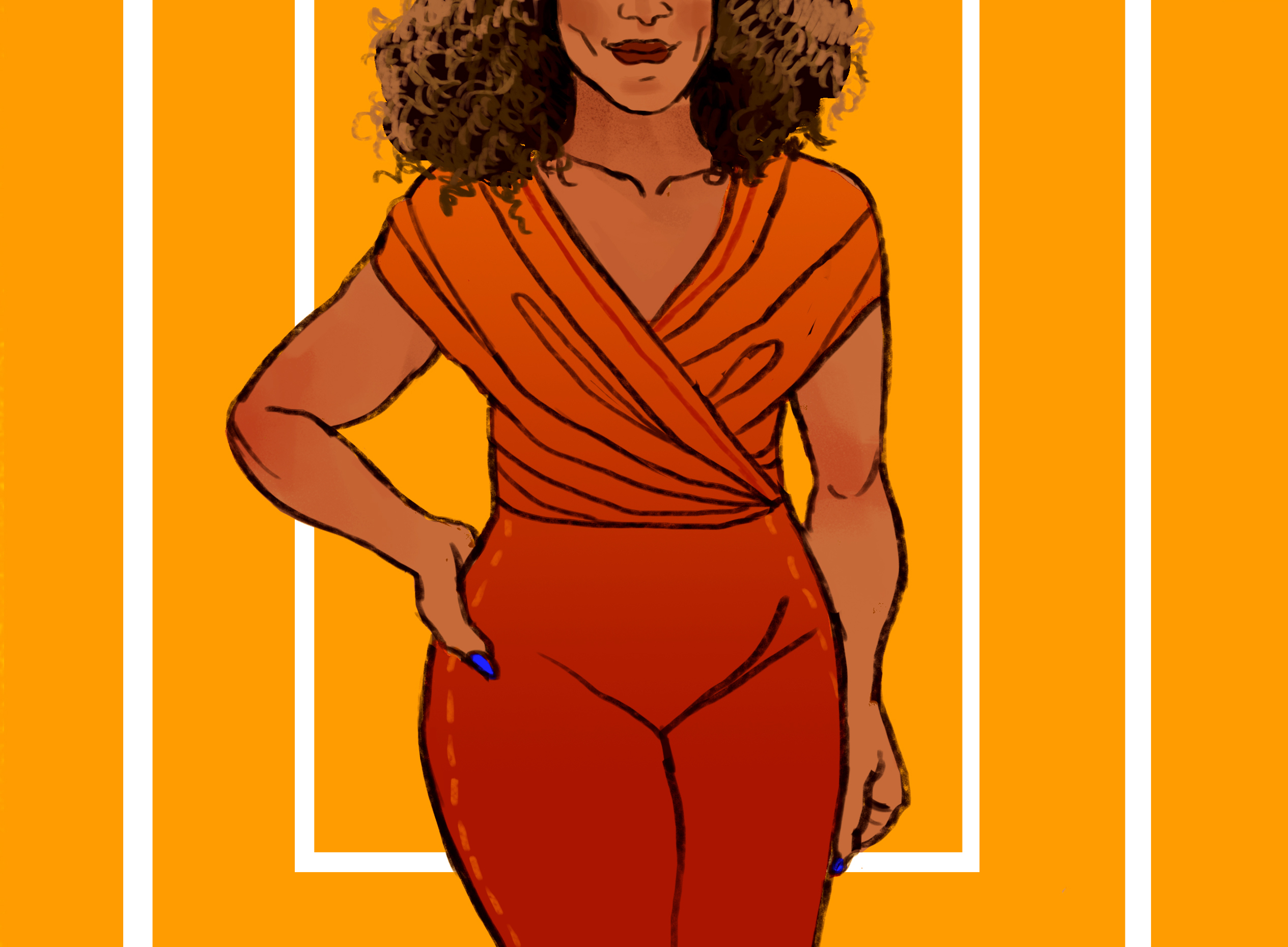“People try to put us down by saying, ‘She’s doing the most’ or ‘He’s way too much.’ But, like, why would we want to do the least?” asks transgender activist, writer, director and TV host Janet Mock on “Jewelry,” a song off Dev Hynes’ new album, “Negro Swan.” The impassioned opening addresses the relationship between body and space and belonging.
For Mock and Dev Hynes, who performs as Blood Orange, the prelude speaks on many levels. How are queer, black bodies perceived as too much? How does one combat that? Hynes confronts black depression and the anxieties of queer people of color in his new album. Yet, while the concept of “too-muchness” certainly informs certain people groups, it is not specific to any one type of person. It seems like everyone at some point in their life has felt as if they were dominating too much space, making their bodies and minds too largely exposed, vulnerable to criticism. There is a fear of making others uncomfortable with your very existence.
For me, the fear of being too much can be broken into two separate categories: feeling too much and being too noticeable, and often both layers of emotions are experienced simultaneously. Imi Lo, a clinical psychotherapist and author of the book “Living With Emotional Intensity,” writes, “People who feel more deeply and intensely than others are more aware of subtleties; their brain processes information and reflects on it more deeply.” You may be, “exceptionally perceptive, intuitive, and keenly observant of the subtleties of the environment,” but are also “overwhelmed by the constant waves of social nuances.”
Someone who identifies with “feeling too much” may believe their emotions are too heightened. You’re too emotional, have too much baggage, are too much to handle or too moody, etc. Intertwined with such feelings is the inevitable anxiety of having people accept you, despite these perceived flaws. Others may paint you as a walking time-bomb, exaggerate you as an entity of contained emotional chaos rather than a person to engage with.
Similarly, shame can also stem from the fear of being too noticeable, from being fearful of expressing yourself just as you are. Something as simple as stepping onto the street can be an exhausting activity if you are uneasy about the scrutiny of the public gaze. Is this red lip too much? Am I too colorful? Is my voice too loud, my views too outspoken, my heart too ambitious?
Janet Mock’s overture in “Jewelry” bends to her experience with this kind of insecurity. Being a transgender woman, Mock is no stranger to the importance of identity. She began her transition in her freshman year of high school — funding the medical costs by working as a sex worker — and came out publicly as a trans woman in 2011. From there, she used her platform as a journalist to speak about trans issues. In April 2015, Mock was invited to Oprah Winfrey’s network for a segment titled “Becoming Your Most Authentic Self,” where she discussed “proudly and unapologetically” claiming her identities.
According to Lo, psychologists have been unable to agree on a single defining attribute for the trait of feeling too much; the phenomenon is not a pathology. However, it’s apparent that anyone, young or old, can exhibit these feelings, and more importantly, there’s nothing wrong with having them. Lo says, “a person can be made to feel ‘wrong’ for the most part of his or her life, and internalising this sense of shame can lead to depression, low self-esteem, inability to self-regulate, and inner emptiness.” Human emotion is never to be taken lightly.
So, how do you break from self-doubt, the idea that the world sees you as some inconvenient enigma rather than a valid human being? From Mock, one can learn to be proud of the way they occupy a space, even when they may be unwanted. In “Jewelry” she says, “So, like, my favorite images are the ones where … someone who isn’t supposed to be there, who’s like in a space, a space where we were not ever welcomed in or we were not invited, yet we walk in and we show all the way up.” In other words, dominate your space; be the space.
One of the most crucial concepts to grasp is that unwarranted criticism comes from “people’s fear of what is unfamiliar,” as Lo puts it. Fighting against the carefully crafted box the world has placed you in means expanding on your own obscurity. Allow yourself to be curious about your own individuality. Lo adds, “Your high level of awareness of subtleties is not only unusual but also extremely precious.” You aren’t too much; in fact, you’re exactly who you’re supposed to be.
The fear of being too much is legitimate, but it doesn’t have to be your reality. Normalizing these worries and working toward a change in the stigmatization of a self-conscious mental state are some of the first steps to creating a culture where people aren’t condemned by the space they take up, but are congratulated for it.

















